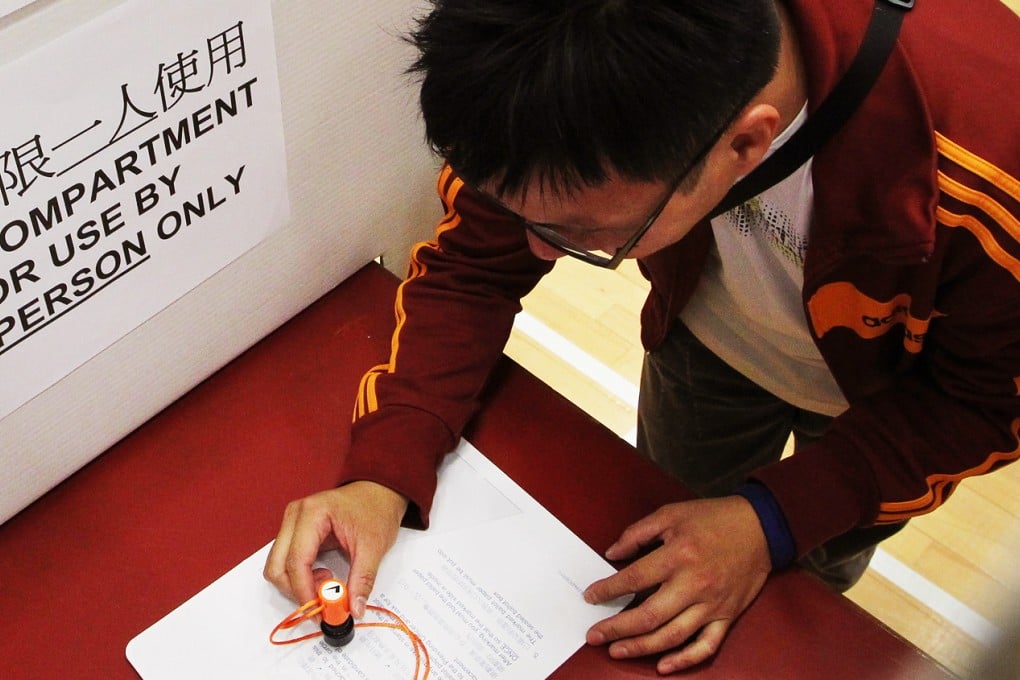Why Hong Kong's district council elections will be a different kind of political battle
In the latest in a series looking forward to November's polls, we look at the role and history of the city's 18 district councils

When Hongkongers vote in November, there will be stark differences from the last citywide election, the 2012 Legislative Council poll.
Campaigning will be more localised, fewer people will vote and, history suggests, pro-establishment parties will dominate. The latter reflects, in part, the fact pan-democrats show less interest in the 18 district bodies - and that their pitch for reform is less resonant when it comes to representing voters on local issues.
"Very often, the pan-democrats do not seem to attach much importance to the district council elections," said Tam Kwok-kiu, a vice-chairman of the Association for Democracy and People's Livelihood who lost his district seat in 2011. "They think district councils are just advisory bodies and would rather pour more resources into the Legco polls."
Tam had served as a councillor since the 1980s, when the councils were known as district boards. Set up by the colonial administration in 1982, the boards were intended to give people a say on government services and policies affecting their neighbourhood.

But this year's elections will see a big change, with the abolition of government-appointed council seats. Appointed seats were reinstated by the city's first chief executive, Tung Chee-hwa, after their removal by the last governor, Chris Patten in 1994, and now number 68, against more than 400 elected seats. As in Patten's 1994 reforms, 27 ex officio seats for the chairmen of rural committees will be retained.
Some believe a review of how district councils operate should be next.